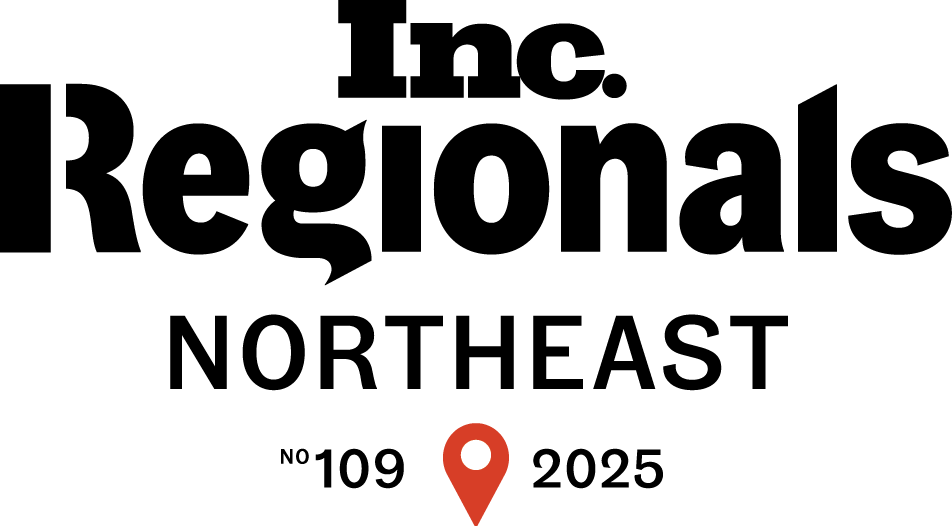Municipal Market Update: Managing Net Metering Credits & Negative Balances
Supporting Clean Energy Without the Headaches
Net Metering Agreements allow cities and towns to support clean energy without installing rooftop panels or investing in infrastructure. Credits hit your utility bills, discounted solar invoices arrive, and you’re helping Massachusetts meet renewable energy goals often with solar arrays located outside your community.
But once the initial setup is complete, it’s easy for Net Metering to become an “out-of-sight, out-of-mind” process. Several Massachusetts municipal clients working with Freedom Energy have encountered a common issue: decreased usage, higher supply rates, closed locations, staff turnover, and oversubscribed accounts can lead to a build-up of unused credits and negative balances.

Why Negative Balances Build Up
In Massachusetts, Net Metering Credits roll over but don’t convert to cash — they accumulate without offering real financial benefit. For example, a $2,000 credit applied to an invoice that averages $1,000/month results in a backlog. Over a 15-year agreement, that backlog can grow quickly if not managed.
Strategies to Manage Excess Credits
- Bank Credits for Seasonal Variations
Net Metering Credits never expire. You can carry them into lower-production months, such as winter, when your solar array generates less power. - Transfer Credits to Other Accounts
Massachusetts allows excess credits to be transferred to other accounts within the same utility and zone. A one-time transfer can shift your balance to an account that isn’t receiving credits or has capacity to use more. You may also sell credits to neighboring communities looking to green up their power supply. - Adjust Your Schedule Z
You can redirect Net Metering Credits to different accounts up to twice per year. Adjusting Schedule Z prevents oversubscription and helps align credits with accounts that can actually use them. - Leverage MassSave Programs
Programs like MassSave offer on-bill financing for energy efficiency upgrades. This can be a smart way to apply excess credits toward building improvements while reducing your community’s carbon footprint. - Right-Size Your Subscription
If you can’t shift, sell, or use your credits, consider downsizing your community solar subscription. With federal incentives decreasing, it may be advantageous to reallocate capacity to other interested clients.
Partner With Freedom Energy to Stay on Track
Net Metering Agreements can last more than a decade, and staff turnover often means the original point of contact is no longer managing the program. If you’re unsure where to start or need help untangling a negative balance, Freedom Energy can help.
Contact us to review your agreement and develop a strategy tailored to your community’s needs.
Meet the Writer

Brian White
Freedom Energy Logistics
Municipal Program Director
Brian White brings two decades of experience to his role as Municipal Program Director at Freedom Energy. He advises and assists communities throughout the Northeast in optimizing their energy spend and achieving sustainability goals. Brian collaborates with cities and towns to meet their energy requirements and renewable objectives, leveraging existing relationships, and establishing new ones within the municipal community.







Connect With Us